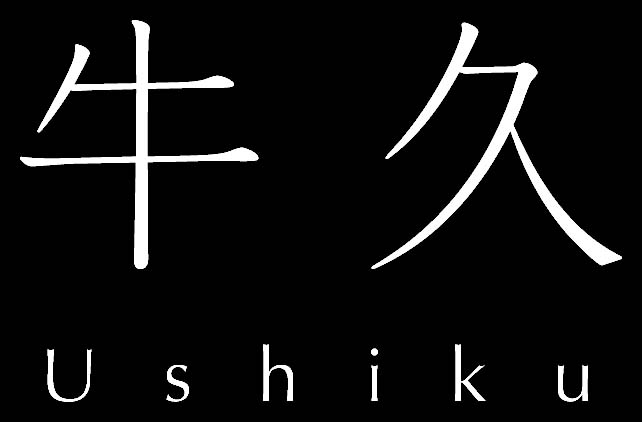2021 Immigration Reform Proposal
In March 2021, Japan proposed strict revisions to its Immigration Control and Refugee Recognition Act (ICRRA). This is what the government proposed:
New Limits on Application Appeals
Appeals for the reevaluation of a rejected refugee application will be limited to two, after which an asylum seeker will be issued a deportation notice, ordered to return to their country of origin.
Under the present law, asylum seekers who submit an appeal are able to remain in Japan––usually in a detention facility––while their appeal is being evaluated. This provides protection from refoulement, which is stipulated under international law.
Criminalising Asylum Seekers
Asylum seekers who refuse deportation will be charged with a criminal offense, possibly being imprisoned. Lawyers and volunteers from support groups will potentially be charged as accomplices.
New “Supervisory” System
The Immigration Services Agency (ISA) will establish a “supervisory” system––in an attempt to curb long-term detention––whereby asylum seekers will not be required to live in detention facilities, but rather with relatives, support groups or lawyers who will act in the capacity of a supervisor.
An asylum seeker’s release from a detention facility will require a deposit of up to $30,000 and their supervisor will have the duty of reporting their daily lives to the ISA.
There are still no assurances of being granted a work permit, nor will asylum seekers be granted access to public assistance, such as the national health insurance scheme.
No Limit to Indefinite Detentions
No revisions are made to include a limit on detention periods at immigration centres; the proposal does not address the lack of transparency on the part of the Immigration Services Agency; and those who qualify for the ‘supervisory’ system are determined at the ISA’s discretion.

